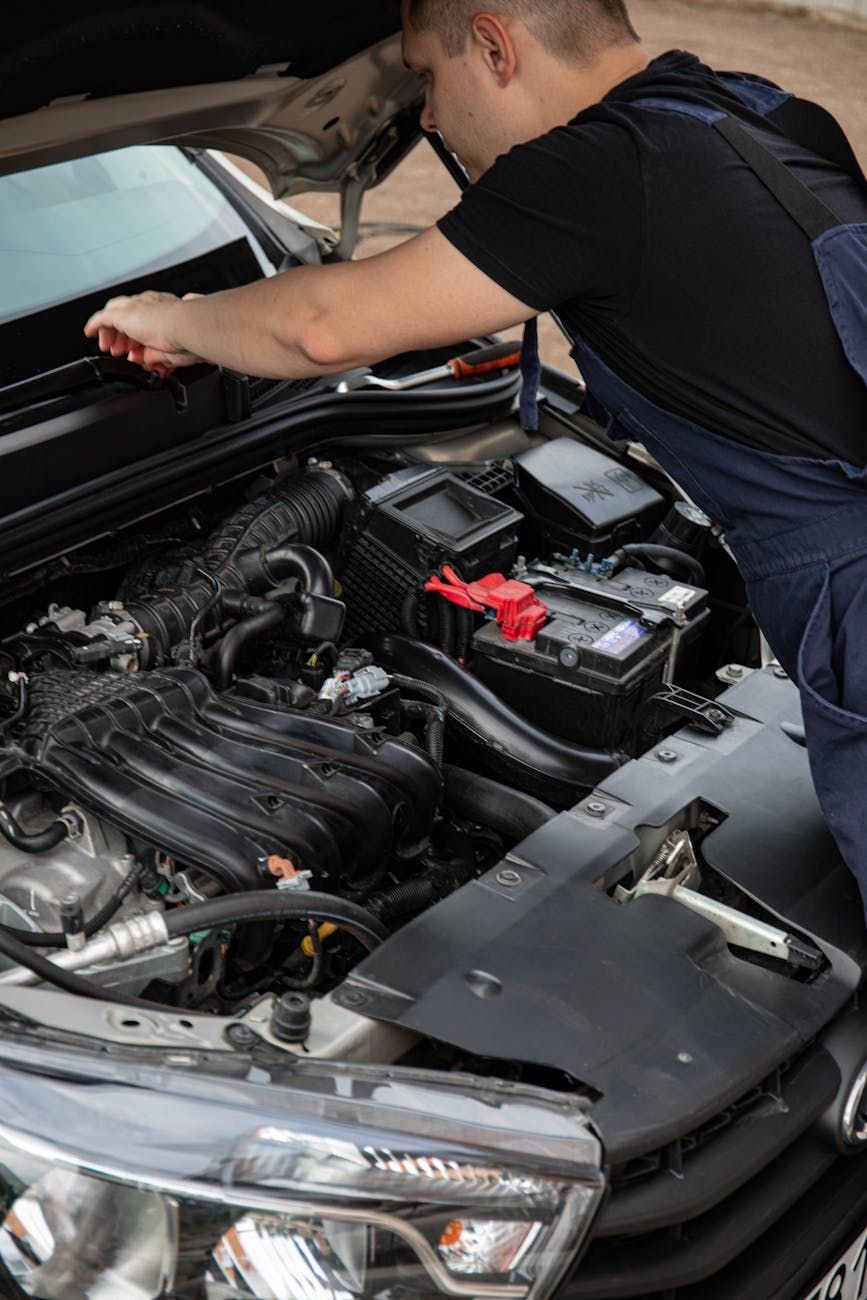The Future of Internal Combustion Engines: Will the Petrol Engine Die by 2030?



In the world of automobiles, the internal combustion engine (ICE) has long been the cornerstone of propulsion technology, with the petrol engine being a dominant force on the roads. However, as concerns over emissions and environmental impact grow, the future of ICE, particularly the petrol engine, is now being called into question.
The automotive industry is at a crossroads, facing pressure to reduce emissions and move towards carbon neutrality. This shift is driving significant changes in the sector, including a renewed focus on electric vehicles and hybrid technology.
One of the key drivers behind the questioning of the future of petrol engines is the growing concern over emissions. Petrol engines are known to produce harmful emissions such as carbon dioxide, nitrogen oxides, and particulate matter, contributing to air pollution and climate change. As regulations on emissions become stricter around the world, petrol engines are facing increasing scrutiny.
Electric vehicles (EVs) have emerged as a promising alternative to traditional petrol-powered cars. EVs are powered by electric motors driven by batteries, eliminating the need for petrol and producing zero tailpipe emissions. The growing popularity of EVs is seen as a significant challenge to the future of petrol engines.
Hybrid technology, which combines both petrol engines and electric motors, has also gained traction in recent years. Hybrid vehicles offer a balance between the efficiency of electric power and the range of petrol engines, making them a compelling option for consumers looking to reduce their carbon footprint without sacrificing practicality.
Another factor influencing the future of ICE is fuel efficiency. While petrol engines have improved significantly in terms of fuel efficiency over the years, they still lag behind the efficiency of electric drivetrains. As the automotive industry pushes towards greater sustainability, the need for more efficient and environmentally friendly propulsion systems becomes increasingly apparent.
Engine regulations play a crucial role in shaping the future of petrol engines. Governments around the world are implementing stricter emissions standards and fuel economy regulations, pushing automakers to invest in cleaner technologies. With the shift towards carbon neutrality gaining momentum, petrol engines are under pressure to evolve or face obsolescence.
Despite these challenges, the future of petrol engines is not entirely bleak. Some argue that petrol engines still have a role to play in the automotive industry, particularly in certain applications where electric vehicles may not be suitable. Advances in engine technology, such as the development of cleaner fuels and more efficient combustion processes, could help extend the lifespan of petrol engines.
Ultimately, the future of internal combustion engines, particularly the petrol engine, is uncertain. As the automotive industry grapples with the transition towards carbon neutrality, the role of petrol engines will continue to evolve. Whether petrol engines will die out completely by 2030 remains to be seen, but one thing is clear – change is coming, and the automotive industry must be prepared to adapt.




